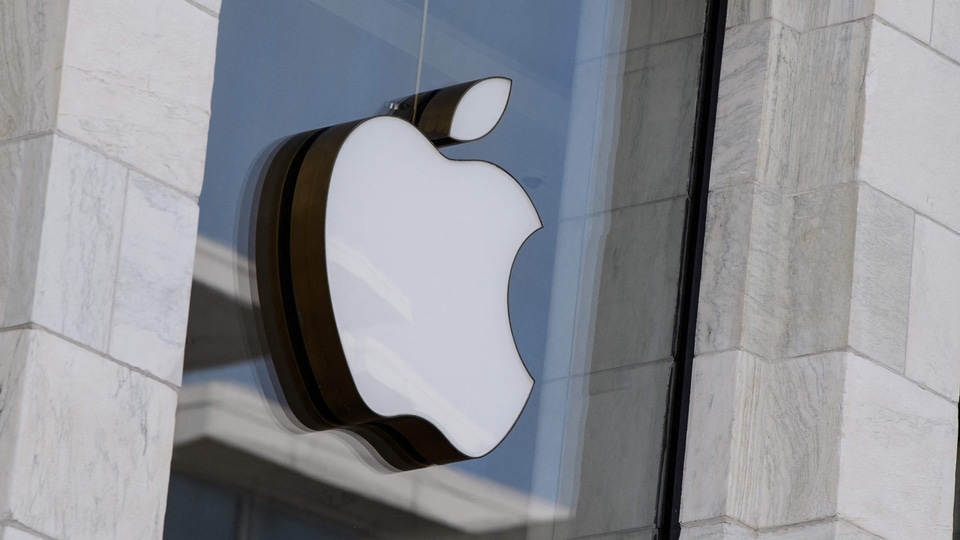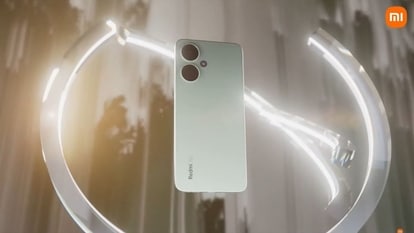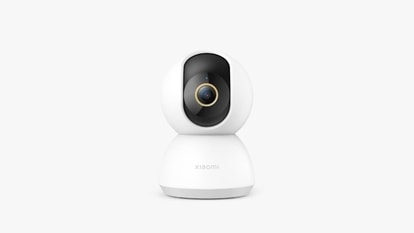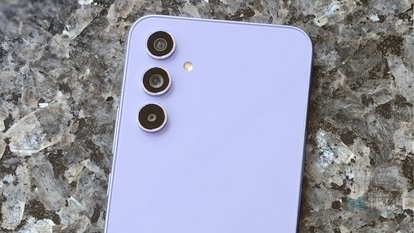Apple won’t help ED to unlock Arvind Kejriwal's iPhone: Details that you need to know
For law enforcement agencies to get a favourable response from Apple, they will have to reach out to Apple through an official channel and follow their legal guidelines.

The alleged Delhi liquor scam took an unexpected turn when media reports claimed that the Enforcement Directorate (ED) asked Apple to unlock Delhi CM Arvind Kejriwal's iPhone. The next day, another section of the media reported that Apple refused to listen to ED and did not unlock Kejriwal's iPhone. While media reports claimed that Apple simply denies requests for unlocking iPhones suggesting the importance it gives to privacy. There's more context to it.
Apple has a dedicated team in its legal department to respond to government requests and Apple claims that it “also responds to emergency requests globally on a 24/7 basis”. So, for law enforcement agencies to get a favourable response from Apple, they will have to reach out to Apple through an official channel and follow their legal guidelines. A mere statement to the media from any law enforcement agency asking for Apple's help won't get the job done.
Also Read: Apple sued by US Department of Justice - Why claims of iPhone monopoly don't make sense
“We publish legal process guidelines for government and law enforcement agencies globally and we publish transparency reports twice a year, detailing the types of requests we receive and how we respond. In addition, we regularly provide training to law enforcement officers on the types of data available from Apple and how to obtain it consistent with our legal process guidelines,” explains Apple on its website.
Another aspect to consider is that simply asking for the passcode from Apple to unlock a particular iPhone doesn't help much because Apple's privacy mechanism doesn't work in a way that the organisation has records for passcodes of every iPhone user nor does Apple has a process to unlock iPhones without user's consent. In other words, the thing with iPhones is that without the user's consent even Apple or any of its employees can't unlock iPhones just like that without the intervention of the particular user.
In recent years, there have been instances when governments around the world have asked Apple to aid in their investigations by unlocking the accused's iPhone, with some of them even approaching the court in a bid to convince Apple to follow their instructions. The company also revealed that it had indeed cooperated with governments in about 70 such past instances. But in recent years, the iPhone maker has, on certain occasions, refused to unlock iPhones for agencies and governments. Check 3 instances where Apple did not comply, citing privacy and cybersecurity concerns:
1. 2016's drug bust
In 2016, the US government invoked a 227-year-old law, the All Writs Act, which requires the assistance of third parties to fulfil a previous court ruling. While it is a general-purpose law, the US govt asked Apple to unlock a drug dealer's iPhone 5c who was accused of dealing methamphetamine. Although the prosecutors had a search warrant for the iPhone, it was locked with a passcode that could not be cracked, thus, prompting them to urge the court to convince Apple to unlock it. However, Apple refused to meet these demands, with a Brooklyn judge later ruling that it indeed did not have to do so.
2. San Bernardino attack
In another 2016 case, the Federal Bureau of Investigation urged Apple to unlock an iPhone 5s belonging to one of the shooters in the San Bernardino attack of 2015 where 14 people lost their lives. Apple refused, telling the FBI that it had provided the data in its possession and that it could not access the contents of a locked and encrypted iPhone. The FBI simply wanted a type of master key installed where it allowed them to guess the iPhone password again and again without running into security warnings.
Calling for the US Department of Justice to withdraw this order, Apple CEO Tim Cook wrote to his employees in an email, “At stake is the data security of hundreds of millions of law-abiding people and setting a dangerous precedent that threatens everyone's civil liberties.”
Also Read: Apple may finally listen to Google and bring RCS to iPhones soon
3. FBI's attempts
While not related to one specific case, the FBI has long been after Apple, urging it to install a backdoor in iPhones through a special version of iOS which would allow security agencies to get access to the device. However, on all occasions, Apple has denied the requests outright, claiming that it would undermine the security of millions of iPhone users worldwide. While it could help security agencies on certain occasions, there was no telling whether criminals would also take advantage of it to steal other people's data.
One more thing! We are now on WhatsApp Channels! Follow us there so you never miss any updates from the world of technology. To follow the HT Tech channel on WhatsApp, click here to join now!
Catch all the Latest Tech News, Mobile News, Laptop News, Gaming news, Wearables News , How To News, also keep up with us on Whatsapp channel,Twitter, Facebook, Google News, and Instagram. For our latest videos, subscribe to our YouTube channel.

























